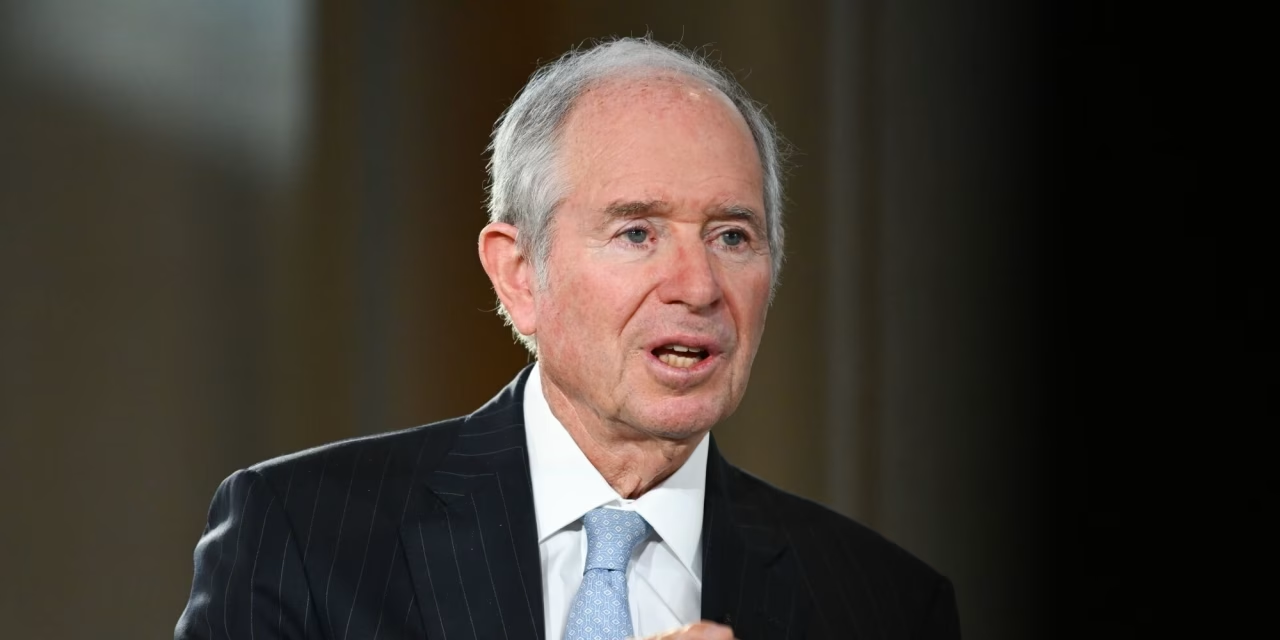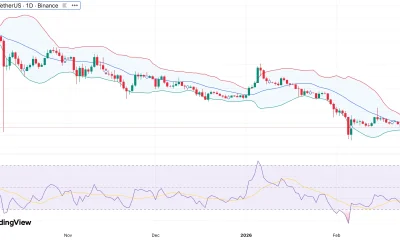the ACCC Cardiff has been developed by Green GEN Cymru
AN electricity grid operator has marked St David’s Day by naming its new pylon technology after the Welsh capital. Devised by Ofgem-licensed Green GEN Cymru as a variation on the cables used to distribute electricity on pylon routes, the technology has been formally designated the ‘ACCC Cardiff’.
It follows naming convention established by other international variants, including the ‘Hamburg’ and ‘Oslo’ conductors. Gen Cymru is the independent specialist infrastructure arm of Bute Energy. It has been designed to withstand challenging Welsh weather conditions.
The ACCC (aluminium conductor composition core) Cardiff is also crucially designed to provide higher capacity and reliable long-term performance. Green GEN Cymru will deploy the variant on L7c pylons. At a standard 27m tall and 5m wide, these pylons are half the size of typical 400 kV towers.
The new conductor can double the capacity of smaller pylons – an upgrade the developer says can modernise and enhance critical grid infrastructure while dramatically reducing its visual impact.
READ MORE: The verdict on the promise of £14bn of rail investment in Wales over the long-termREAD MORE: Next Welsh Government needs to help realise huge potential of renewables
The news comes with electricity demand in Wales projected to triple by 2050. New and enhanced distribution networks are needed to meet this demand, and to connect renewable energy sources to homes and businesses.
Green GEN Cymru earned the right to name the technology as the first developer to type test and deploy the conductor. Steve Rowlands, head of construction at Green GEN Cymru, said: “We’re proud to have put Cardiff on the map as an engine of innovation in the energy sector. Wales has ambition to generate growth, skills and jobs through the industry. We are motivated to support our nation’s energy future, and the capital embodies that spirit.
“We are committed to deploying technologies designed for our landscape and our communities. The ACCC Cardiff allows us to carry far greater capacity on smaller, less visually intrusive pylons.
I’m delighted our application was successful, and I look forward to seeing the ACCC Cardiff used on projects around the world.”
Stuart George, chief executive of Gen Cymru, said: “We are delighted to recognise Cardiff as a centre of expertise and innovation.
“The ACCC Cardiff is just one example of how we’re innovating when it comes to network technology. We’re always looking to see where we can improve and help to bring cutting-edge solutions to the industry.
“Investing in this vital infrastructure and advanced technologies is fundamental to achieving our ambition to harness innovation, drive economic growth, create high-quality jobs and strengthen Wales’ energy security.”
UK Government Minister of State for Energy Michael Shanks said:“We are upgrading an electricity grid system largely designed in the 1960s, so lower cost clean energy can be transported to power up homes and businesses.
“Innovations to increase our grid capacity can help us make the most of clean power generated in Wales and across Britain, and getting us off the rollercoaster of fossil fuel markets.”


























































